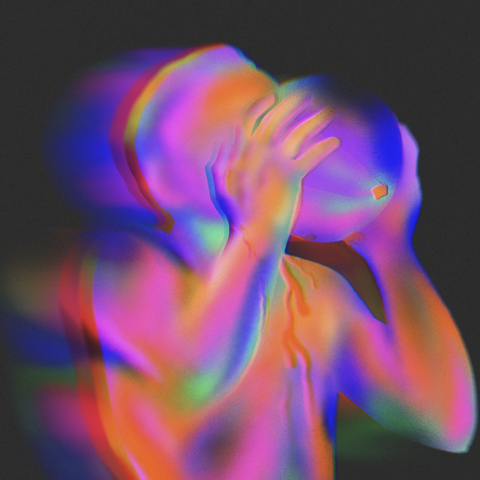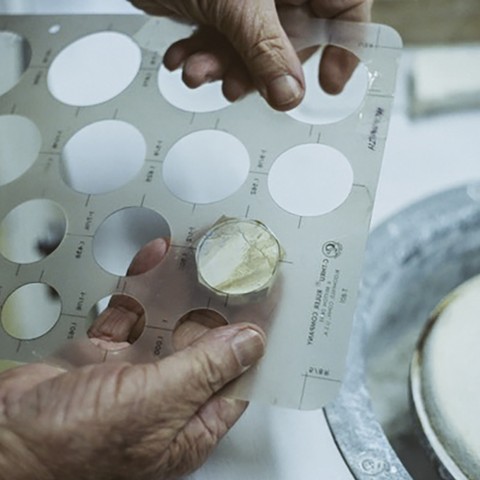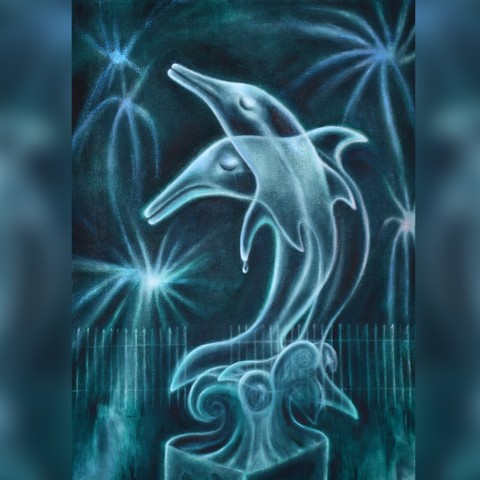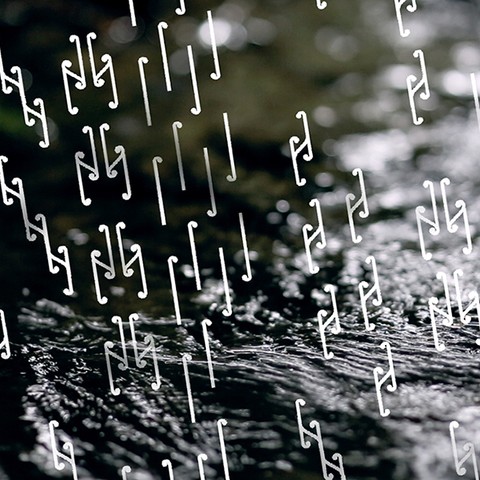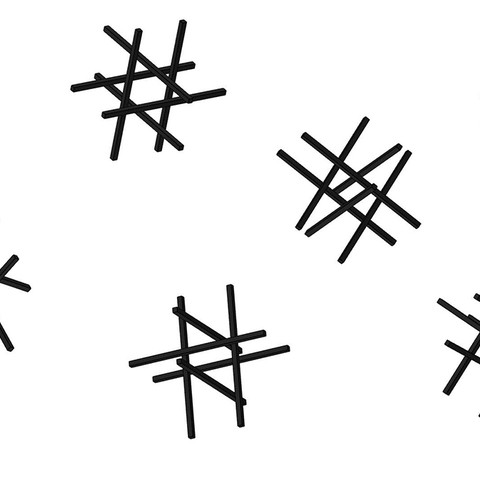PAST EXHIBITIONS
Ocean of Whispers
Elsie Andrewes, Jasmine Tuiā, Jimmy Ma'ia'i, Kasi Valu, Natasha Ratuva
19 Nov 2022 – 4 Feb 2023
A grandmother’s sweet hymn carries keynotes of prayers in a grandchild’s memory, stacking plastic chairs are dragged back into storage, dented from the joy and grieving of mass family gatherings. Paternal and maternal kinship ties deepen through time-honoured iTaukei ceremonies with masi, a kala-noa calls ‘autalavou laiti (youth) to fall in love with their stories marked on tapa.
Ocean of Whispers brings together measina from Elsie Andrewes (Navala, Nakoroboya, Ba. Fiji, Pākehā), Jimmy Ma’ia’i (Sapapali’i and Fasito’outa, Samoa and Edinburgh, Scotland), Natasha Ratuva (Naioti, Bualomanihoro, Fiji), Jasmine Tuiā (Matautu Lefaga, Falefa, Anoama’a, Malifa, Samoa) and Kasi Valu (Lapaha and Ma’ufanga, Tonga).
Curated by Etanah Falagā Talapā.
On behalf of Enjoy, fa’afetai tele, vinaka vakalevu, malo ‘aupito to everyone who generously donated to our BoostedxMoana campaign in 2021. It is with your love, trust and support that Ocean of Whispers has been realised.
Through Claystone Eyes
Eleanor Díaz Ritson
24 Sep – 5 Nov 2022
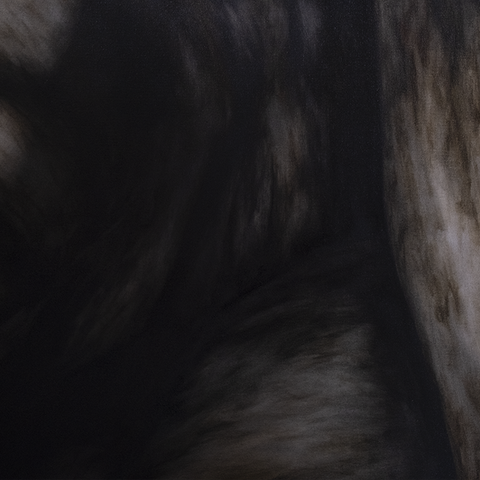
Eleanor Díaz Ritson, Cuerpo Cueva (Cave Body), 2022, water-mixable oil on canvas, 60.7 x 83.5 cm. Image courtesy of the artist.
Summer Residency
“Through my claystone eyes, I experience both body and place as lively; unmoving yet turbulent…Body-form becomes earth-form, landscapes of bone, rock and earth fluidly span time to the inner reaches of our bodies and minds.”-Through Claystone Eyes, Eleanor Díaz Ritson.
Everybody SoundSystem
Eve Armstrong, Gabby O’Connor, Josephine Cachemaille
13 Aug – 10 Sep 2022
Everybody SoundSystem is a project about friendship and the transformative potential of creative collective endeavor. For artists Eve Armstrong, Josephine Cachemaille and Gabby O’Connor, dance parties were their first experiences of making installations. These endeavors often involved activating spaces by enhancing sensory environments, usually through repurposing found materials and an ethos of ‘making do’.
Document Scales
Ziggy Lever
29 Jul – 15 Sep 2022
There is an awkwardness to the way in which a sheet of A4 paper fits inside of a foolscap filing box. ‘Foolscap’ in the name refers to the foolscap folio, a paper size that is uncommonly used and yet boxes made to its specific measurements are ubiquitous. Though they feel slightly too long for the A4 scale, the foolscap filing box has become standard in the storage of documents, receipts, notes and exchanges.[1]
On a visit to the North Shore Rockhounds, Ron holds a slice of rock up to a cabochon sizing chart. Here a series of holes are used to guide the shaping of the rock into predetermined scales.[2] The guides sit in old ice-cream containers, alongside the home-made tools and collections of the other rockhounds. Slices of rock, ready to be shaped are filed in trays under workbenches.
In the Neues Museum in Berlin, a display of delicate stone tablets and sheets of papyrus slide back and forth from within a series of hidden drawers. Pressing a button on the side of the cabinet labelled “Knowledge: Mathematics and Astronomy”, the third drawer from the top slowly moves out and past the camera. After a short time, the drawer retreats, reducing its exposure to sunlight.
[1] The foolscap filing box usually measures 15x10x3.3” (381x254x84mm) and can be found in abundance in offices, archives, and homes.
[2] Cabochons are judged on their conformity to scale, as well as their subjective qualities
On Blushing
Alice Langbrown, Dayle Palfreyman, Steph Arrowsmith, Willa Smart
10 Jun – 21 Jul 2022
Eros exists because certain boundaries do. In the interval between reach and grasp, between glance and counter-glance, between ‘I love you’ and ‘I love you too,’ the absent presence of desire comes alive. But the boundaries of time and glance and language are only aftershocks of the main, inevitable boundary that creates eros: the boundary of flesh and self between you and me. And it is only, suddenly, in the moment when I would dissolve that boundary, that I realise I never can.
Ko wai a Māpihi? This is not water.
Cae Te Wheoro Heke, Nick Denton
14 Apr – 28 May 2022
Pōneke is a city full of streams. At least five run through the district named Te Aro, formerly amongst diverse wetlands and gardens, meeting Te Whanganui-a-Tara at the shoreline of Te Aro Pā.
They are still here. Waimapihi flows down from the gully in Waimapihi Reserve, through a forest of trees reaching up like vines into a shaded canopy. It meets the top of Holloway Road, channelled through a low concrete wall, a steel grate, and a pipe. It follows the road down Aro Street. If you know where to stand you can hear the gushing, tumbling of a waterfall under your feet. It traces ancient pathways now hidden, underneath buildings, crossing streets and the hum of people. Finally, Waimapihi flows past the foundations of Te Aro Pā at the end of Taranaki Street, before its waters rejoin Te Whanganui-a-Tara.
The stream is named for Māpihi (Ngāi Tara, Ngāti Māmoe) a wahine Rangatira who bathed here, although her stories are also hidden from view to most who cross her stream. Fish follow its course up and down dark underground paths, migrating through brick culverts and reinforced concrete apertures. Kōkopu can be seen upstream, and tuna and kōaro are among a thousand other species who touch this awa. Except, Waimapihi, for most of its length, is not a stream. It’s not even water.
Kua whati te rākau
Hōhua Thompson
11 Feb – 30 Mar 2022
Tension and precarity are not new concepts for most cultures, especially since the upheaval caused by the COVID-19 pandemic. Māori have dealt with these issues before. Great migrations, wars and the constant onslaught of colonisation have given us examples of how our tīpuna handled these situations.
Wishing you well
Hanna Shim 심한나
11 Feb – 30 Mar 2022
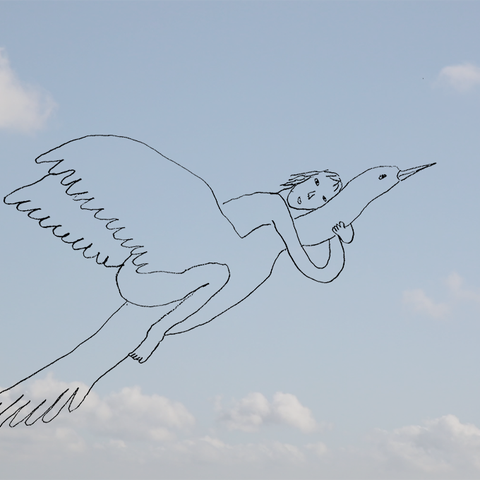
Hanna Shim, One day I’ll fly on the bird, 2021, digital video and animated pencil drawing, 0:45, still.
Soft, sewn sculptures by Hanna Shim 심한나 make space for elastic encounters within the rigid white walls of a gallery space. One of the artist’s goals in creating pliable art is to defeat the architecture that restrains and constrain the artist and their works from the wildness of making.
He Kanohi Kitea
Tallulah Farrar
26 Nov 2021 – 15 Sep 2022
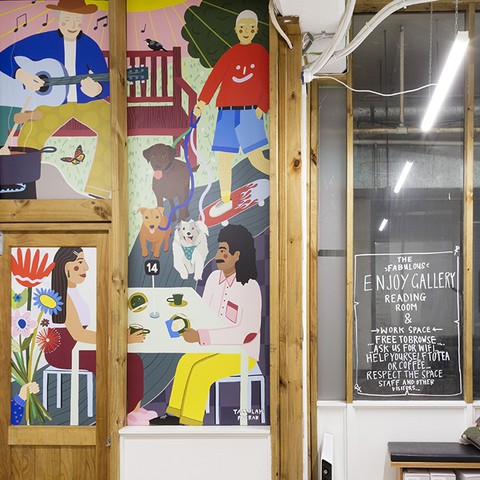
Tallulah Farrar, He Kanohi Kitea, 2021, digital illustration and vinyl print mural. Image courtesy of Cheska Brown.
Reading Room Mural
"He kanohi kitea" (a face seen) is an important saying and value in Māoridom, acknowledging the importance of meeting people face-to-face to build relationships and trust. Enjoy’s new commissioned artwork He Kanohi Kitea is situated in our reading room, an inviting place to nurture and encourage these interactions to take place. Within a global pandemic this acknowledges kanohi kitea hasn't always been possible, along with the realisation of how important the physical presence of seeing people face-to-face is to our overall wellbeing.
The name He Kanohi Kitea was gifted by our close friend and neighbour Tehani Buchanan. Thank-you so much for supporting this kaupapa. Much aroha to the whānau and for your mahi.
Sophia Coghini, Tautai Arts Intern 2021 at Enjoy has overseen this project as commissioning curator.
Thank-you to Jim & Mary Barr for your crucial support of this project.

